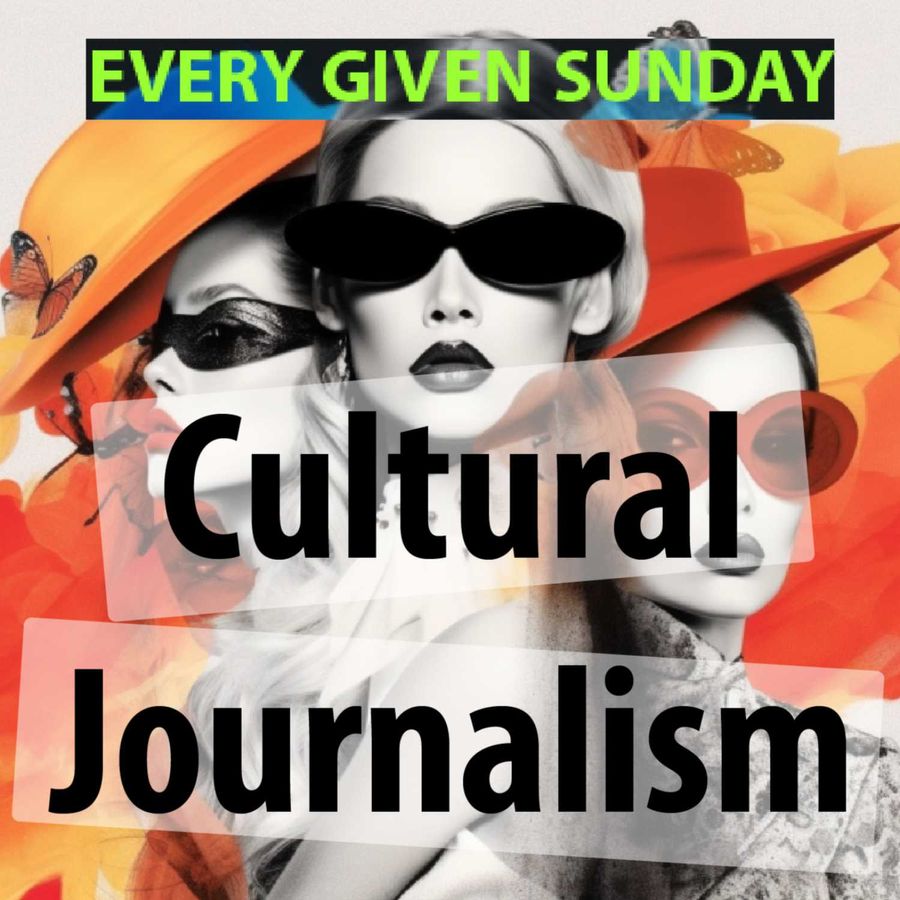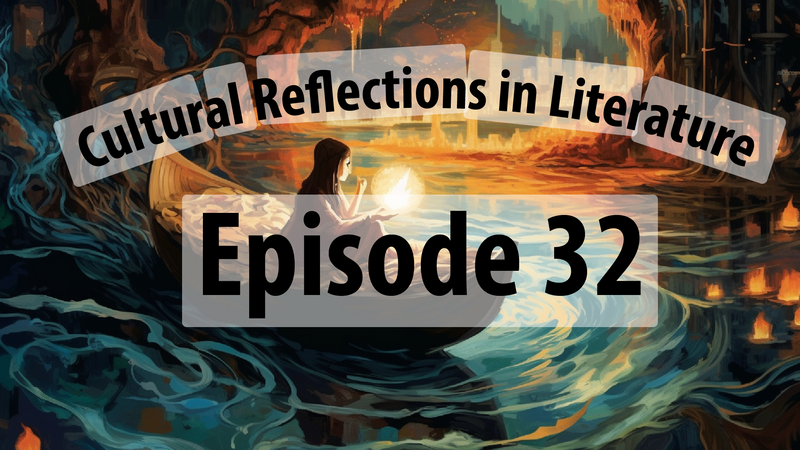Cultural Reflections in Literature: Unmasking the Illusions
In exploring the theme of cultural reflections in literature, we dissect the intricate relationship between societies and the written word. Far too often, literary works are heralded as accurate reflections of the cultures from which they emerge. However, we must approach such claims critically, for literature is not a mirror but rather a prism through which cultural complexities are refracted. By challenging the conventional wisdom surrounding the subject, we can unravel the illusions that often shroud our understanding of the profound interplay between literature and culture.
The Fallacy of Monolithic Cultural Representations
One of the greatest fallacies perpetuated in literary discourse is the notion that a single work can be an unassailable representation of an entire culture. This reductionist view overlooks the inherent diversity and multiplicity of any society. Cultures are fluid, dynamic entities that defy easy categorization. They evolve, clash, and assimilate in an ongoing process of cultural exchange.
The idea that literature can capture the essence of an entire culture is akin to believing that a single drop of water can encompass the ocean's vastness. It ignores the myriad of voices, perspectives, and experiences within any cultural context. We must remember that literature, though a powerful tool for social commentary, is one facet of a culture's expression.
Shattering the Orientalist Lens
To truly engage with the topic, we must confront the pernicious influence of Orientalism in literature. Historically, works from the Western canon have frequently portrayed non-Western cultures through a distorted lens of exoticism, otherness, and colonial bias. Such representations perpetuate stereotypes and reinforce power imbalances, creating a disingenuous understanding of cultural realities.
Edward Said's seminal work, "Orientalism," exposes the inherent fallacies within this distorted lens. He argues that Western literature often reduces non-Western cultures to simplistic, romanticized caricatures, perpetuating a sense of cultural superiority. Our responsibility as discerning readers and critics is to challenge these harmful portrayals and strive for a more nuanced understanding of diverse cultures.

Intertextuality: The Web of Cultural Influence
To fully grasp the cultural reflections within the literature, we must acknowledge the interconnectedness of ideas across time and space. Literary works are not isolated; they are intricately woven into a rich tapestry of intertextuality. Writers draw inspiration from their predecessors, engage in dialogue with contemporaries, and contribute to an ongoing literary conversation that transcends cultural boundaries.
In this sense, literature becomes a platform for cultural exchange, challenging the notion of fixed cultural identities. Take, for example, the profound influence of the Islamic Golden Age on European Renaissance thinkers. Works by Arabic philosophers and mathematicians, translated into Latin during the Middle Ages, played a pivotal role in shaping the intellectual landscape of Europe. This intercultural dialogue reflects the porous nature of cultural boundaries and the transformative power of literature.
Literary Ambiguity: A Call for Critical Interpretation
Literature often operates in ambiguity, where multiple interpretations are possible. This inherent subjectivity challenges the notion of literature as a direct reflection of culture. In addition, authors often employ narrative techniques, such as irony, satire, and allegory, to critique, subvert, or illuminate societal norms and values.
Jonathan Swift's "Gulliver's Travels" serves as a prime example. On the surface, it appears to be a fantastical tale of travel and adventure. However, beneath this veneer lies a scathing critique of human nature, political systems, and cultural mores. Swift employs satire to expose the follies of his time, demonstrating how literature can act as a mirror that reflects, distorts, and critiques culture simultaneously.
Conclusion: Unveiling the Illusions
We must navigate a labyrinth of illusions in our quest to understand cultural reflections in literature. Literature, while undoubtedly influenced by culture, cannot be regarded as an infallible representation of it. We must challenge the notion of cultural homogeneity, confront the biases ingrained in our interpretations, and recognize the complexity and fluidity of cultural identities.
To consume literature is to embark on a transformative journey, where our preconceived notions are shattered and new perspectives emerge. By engaging critically with the texts we encounter, we can unearth hidden truths, challenge conventional wisdom, and foster a deeper understanding of the intricate relationship between culture and literature.
Let us, as readers, embrace the responsibility to explore the nuances, the contradictions, and the complexities within literature. By doing so, we can unmask the illusions, dismantle the Orientalist gaze, and contribute to a more profound and intellectually rigorous engagement with cultural reflections in literature.


